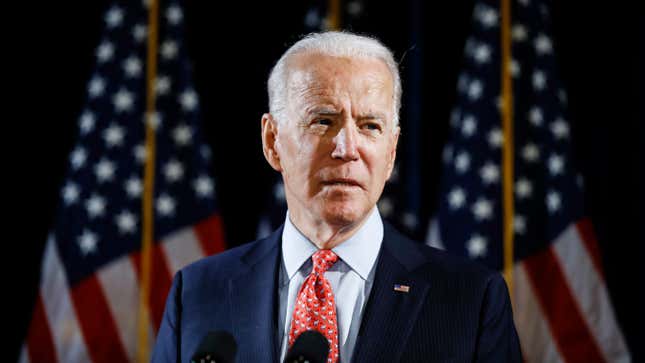The New York Times Apparently Edited an Article With the Biden Campaign in Mind
Politics

Joe Biden is the presumptive Democratic nominee, with endorsements from his primary competitor Senator Bernie Sanders and former President Barack Obama. But the fervor has been dulled by the continuing covid-19 crisis, voters’ tempered enthusiasm for Biden, and a new sexual assault allegation against the former vice president. And now, the New York Times’ handling of the allegations is on the receiving end of much-deserved flack, after a line about sexual misconduct was published and then removed because, as Times Executive Editor Dean Baquet said in an interview, “the [Biden] campaign thought that the phrasing was awkward.”
On Sunday, the Times published a piece investigating the allegations made by former Senate aide Tara Reade. This came 19 days after The Intercept first reported about Reade’s allegations, time that the Times used to report out corroboration from two sources who said Reade told them about the Biden incident at the time.
The following is a portion of the original write up by the Times (emphasis mine):
-

-

-

-

-

-

-

-

-

-

-

-

-

-

-

-

-

-

-

-

-

-

-

-

-

-

-

-

-

-

-

-

-

-

-

-

-

-

-

-








































